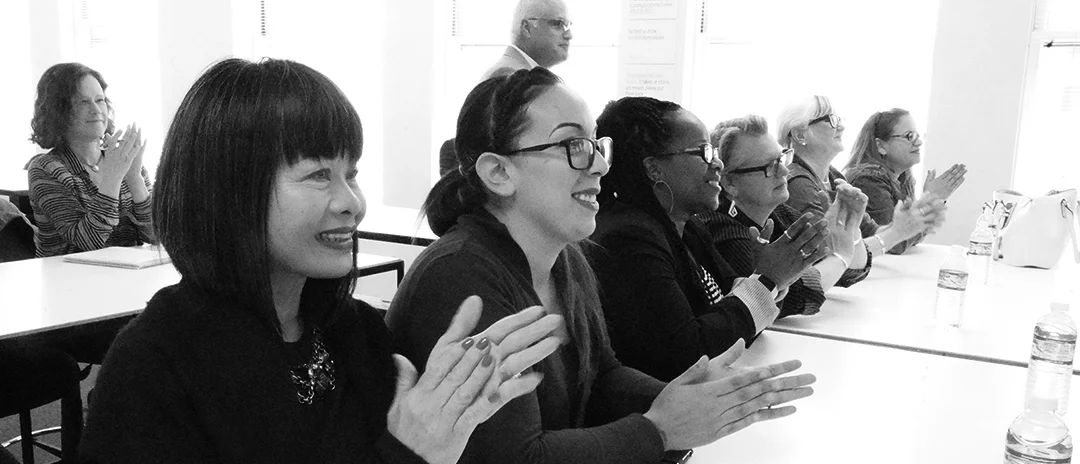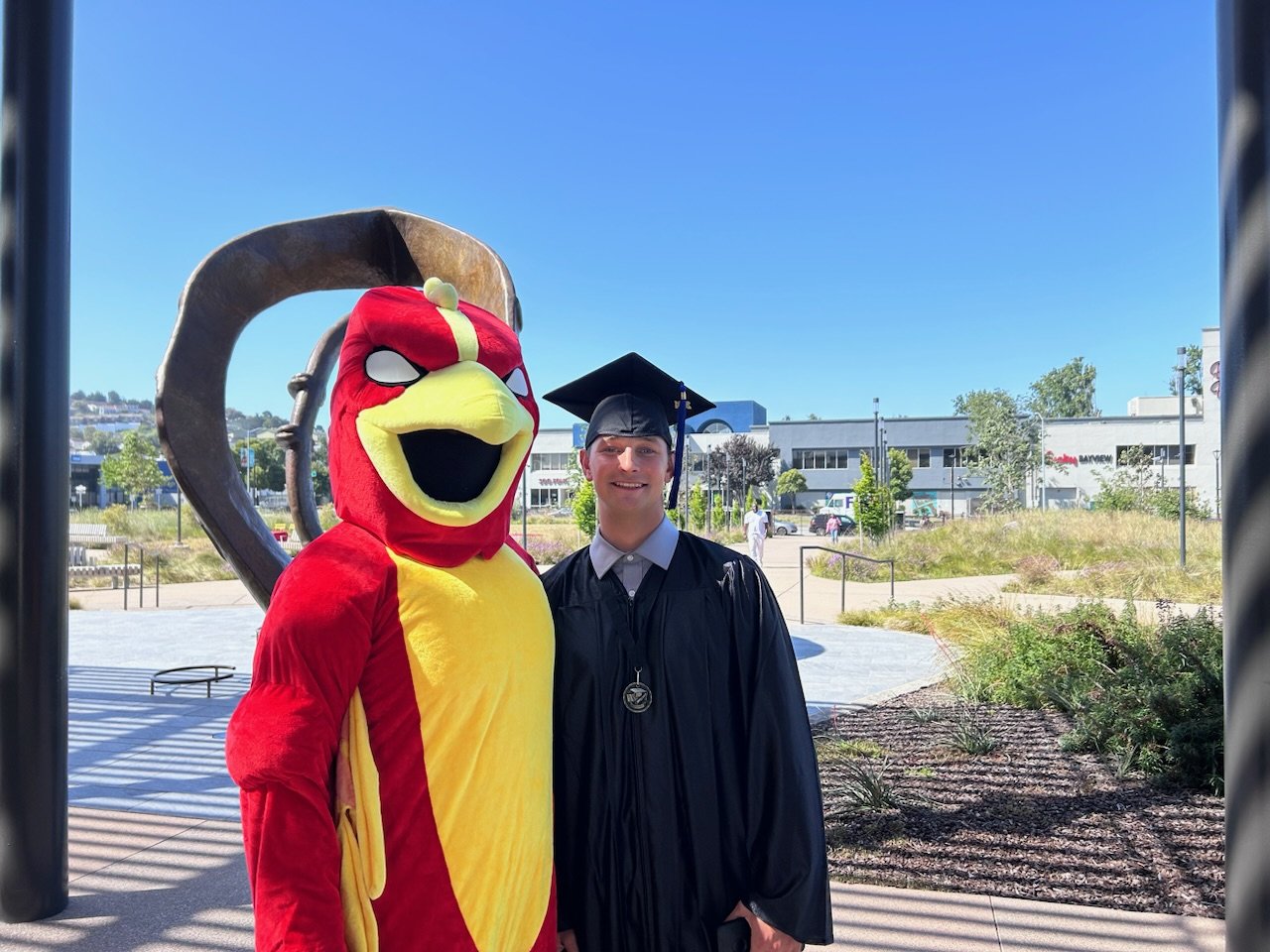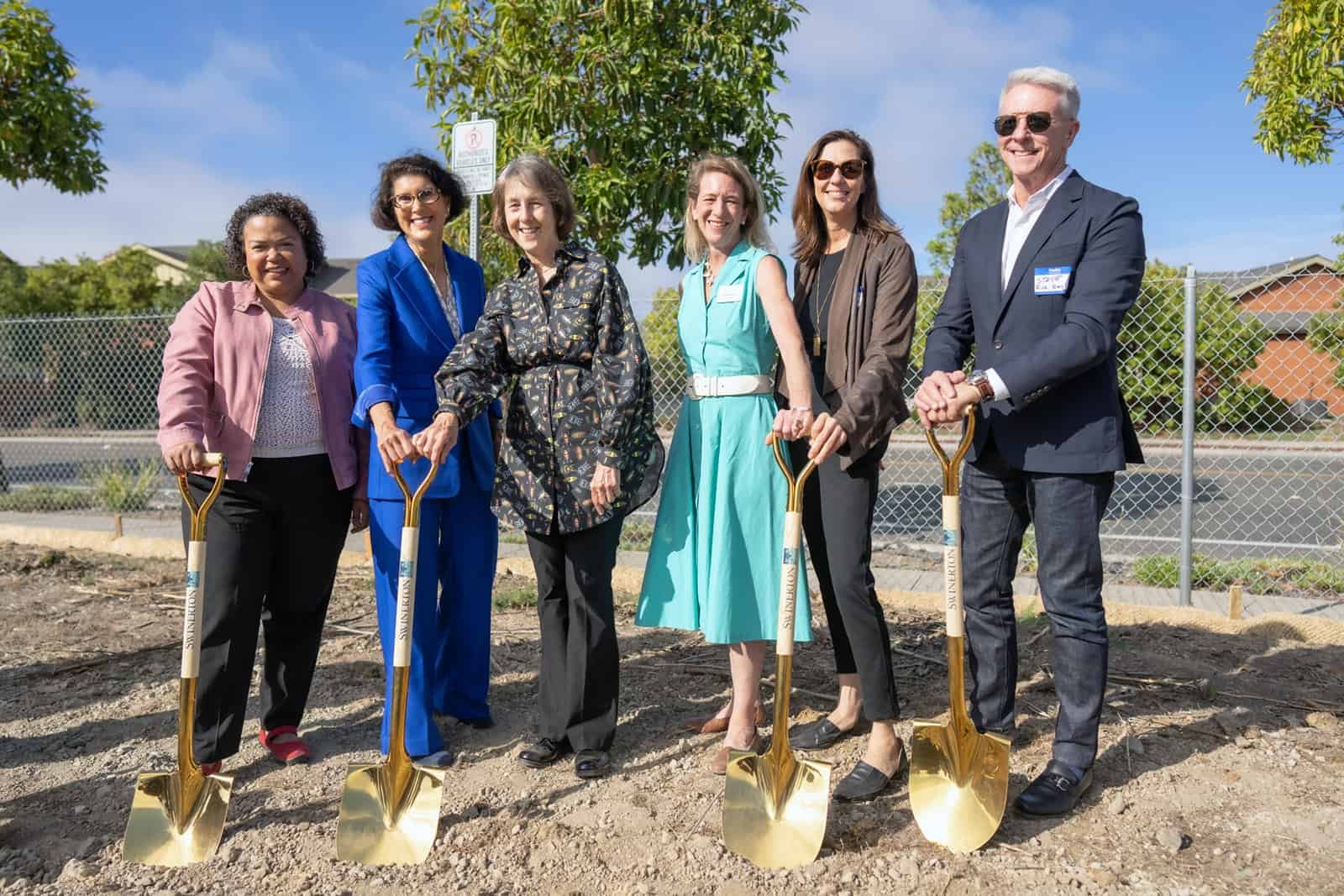Just three months after being released from prison, Trancita Ponce, 43, is pouring her heart into a new chapter of her life — giving back to those who need it most.
After spending more than half of her life behind bars, Trancita was released on Oct. 22, 2024 from the Central California Women’s Facility (CCWF) in Chowchilla, CA. She says that because of Five Keys’ Home Free, a Treasure Island-based trauma-informed reentry program for recently-released women, she quickly found a job.
Now, she’s working full-time as an ambassador for Five Keys’ Navigation Centers in the heart of San Francisco’s Tenderloin, where she’s dedicating herself to helping unhoused individuals rebuild their lives. Trancita also is an ambassador for Sister Warriors Freedom Coalition, a team of formerly and currently incarcerated women who advocate tirelessly for the rights of women behind California’s prison walls. She’s also got ambitious plans to continue volunteering in a role she held in prison, helping incarcerated youth adjust to prison life. The program the Central California Women’s Facility (CCWF) Youth Division Program, helps instill in the young inmates a respect for the law, themselves and their communities.
“I wrote a program for youth that I am going to introduce out there very soon,” says Trancita. “I’m determined to live out my life with purpose. I wasted so much time and now I am determined to give back every moment.”
To say Trancita has hit the ground running is to understate.
Employment as Catalyst: Economic mobility and Reduced Recidivism
Her journey speaks volumes about the power of employment to create economic mobility for the vulnerable population of returning citizens. With the unemployment rate for the formerly incarcerated at over 27% — higher than the total U.S. unemployment rate during any historical period, including the Great Depression. Formerly incarcerated individuals are 24% less likely to return to prison if they acquired new skills and held a job during incarceration. Additionally, those who are unable to maintain employment experience a recidivism rate of 52% over three years, whereas their peers who maintain employment for one-year post-release experienced a recidivism rate of just 16%.
From Struggles to Strength: Overcoming Adversity and Transformation
Trancita’s journey is one of profound transformation. Born in Riverside County, she grew up in a small town called Perris, CA, just 70 miles southeast of Los Angeles, she was one of eight children in a home where addiction and instability were constant. Her parents, both heroin addicts, were frequently in and out of prison, and by the age of seven, Trancita had already experimented with drugs. By 10, she was selling cocaine, and by thirteen, she joined a gang.
Her teenage years were marked by trauma — sexual abuse, violence, and ultimately, the loss of her freedom when she became a ward of the state. She spent her adolescence in juvenile hall, surrounded by crime and chaos. At 18, Trancita’s addiction to methamphetamine had consumed her life.
Her downward spiral led her to prison for a gang-related beating.
“Looking back,” she says, “I realize I was taking out my own trauma and doing to the victim what had once been done to me.”
Over the next 16 years, she was moved from facility to facility — Valley State Prison, the California Institution for Women (CIW), and eventually the Central California Women's Facility (CCWF) — but in every place, she remained trapped in addiction and destructive behavior.
“I was in such a dark place,” Trancita recalls. “I was a heroin addict, ‘dope sick.”
From Darkness to Light: “I believe in you.”
Until one day when she says she experienced “my spiritual awakening.”
“I was lying on my cell floor crying, begging God to help me,” she says. “I sobbed for hours, pleading for something to change. I was considered a program failure by the system and there was no chance for me to qualify for any of the special prison programs to help turn my life around.”
It was in that darkest moment she discovered God and began to rebuild her life from the inside out.
Then, one of the prison correctional captains approached her and said, “I can help you. I am starting an alternative program in 30 days and I want you to be in it. I will keep my word. I believe in you.”
“Those four words changed my life,” says Trancita.
Through faith and perseverance, Trancita got sober and worked tirelessly to overcame her past, finding healing and purpose where once there was only pain.
Today, her story is a testament to the power of redemption and the unshakable strength of the human spirit.
Moving Forward: Finding New Hope at Home Free
Today, Trancita is brimming with plans for the future. As an ambassador for Five Keys, a groundbreaking nonprofit, supporting over 25,000 at-risk and in-risk individuals across California, she says, “I feel I’m really living out my purpose. Through the Sister Warriors Freedom Coalition I’m working with other women who are dedicated to demanding transformation, helping women in prison hold hope, and push forward toward a future where safety and justice belong to all of us.”
During the winter holidays, she also reunited with all of her brothers, sisters, aunts, uncles and nieces and nephews at a week-long of gatherings at her brother’s home in Riverside County.
The Amazon trucks that pull up with deliveries — an Apple Watch, a Ninja blender, clothing, toiletries, and everything she needs for her transition — at her Home Free apartment are testament to the compassion and caring her family is wrapping her in.
“It is the simple things, like standing on a lawn, holding a fork and napkin, (instead of plastic and paper), having a key… It is overwhelming… It just reminds me every day that God is good.”
These days she’s focused on her job and volunteer work. But she says she’s also looking forward to one day soon a shopping trek to a Dollar Tree store, going to Disneyland, and riding a ferris wheel.






















